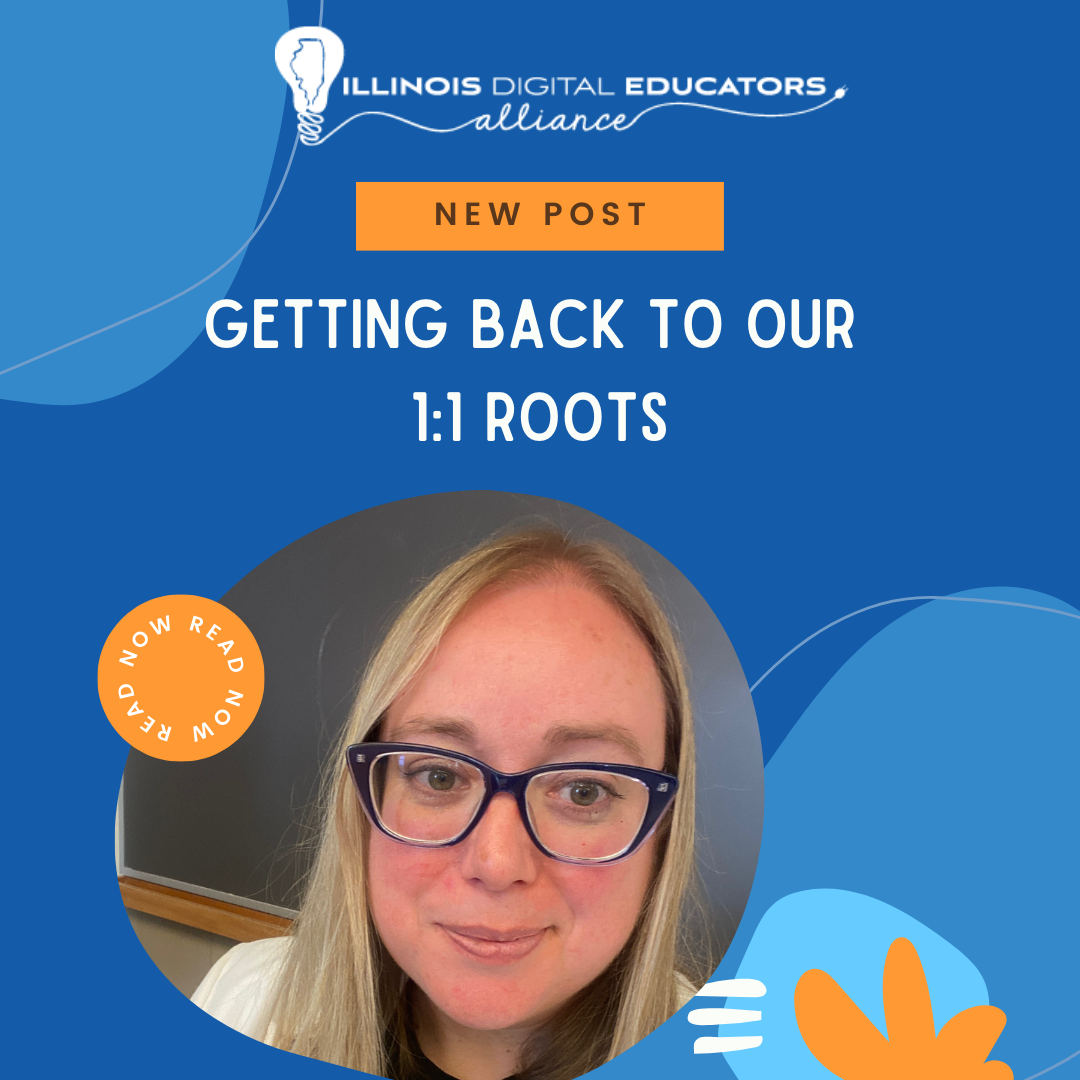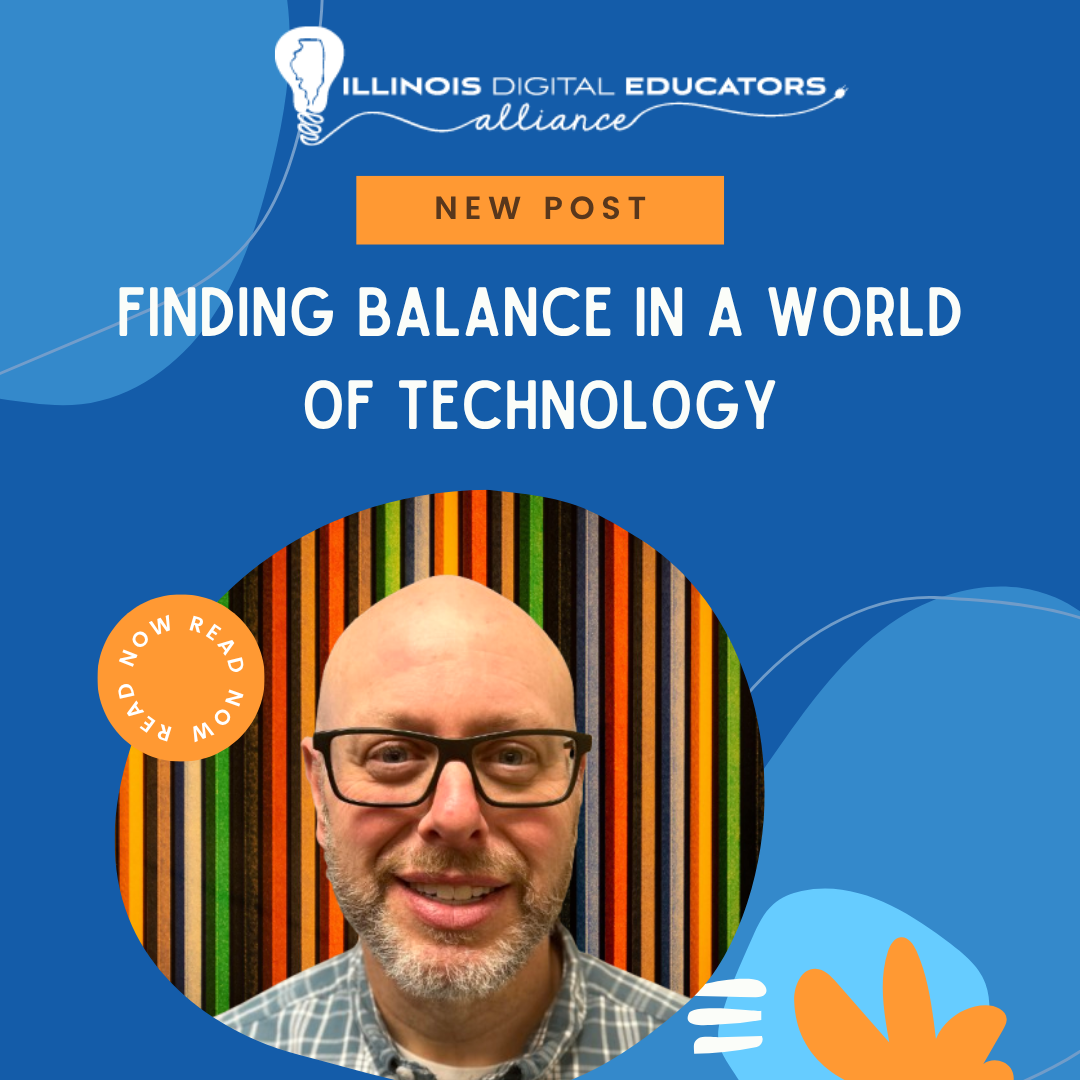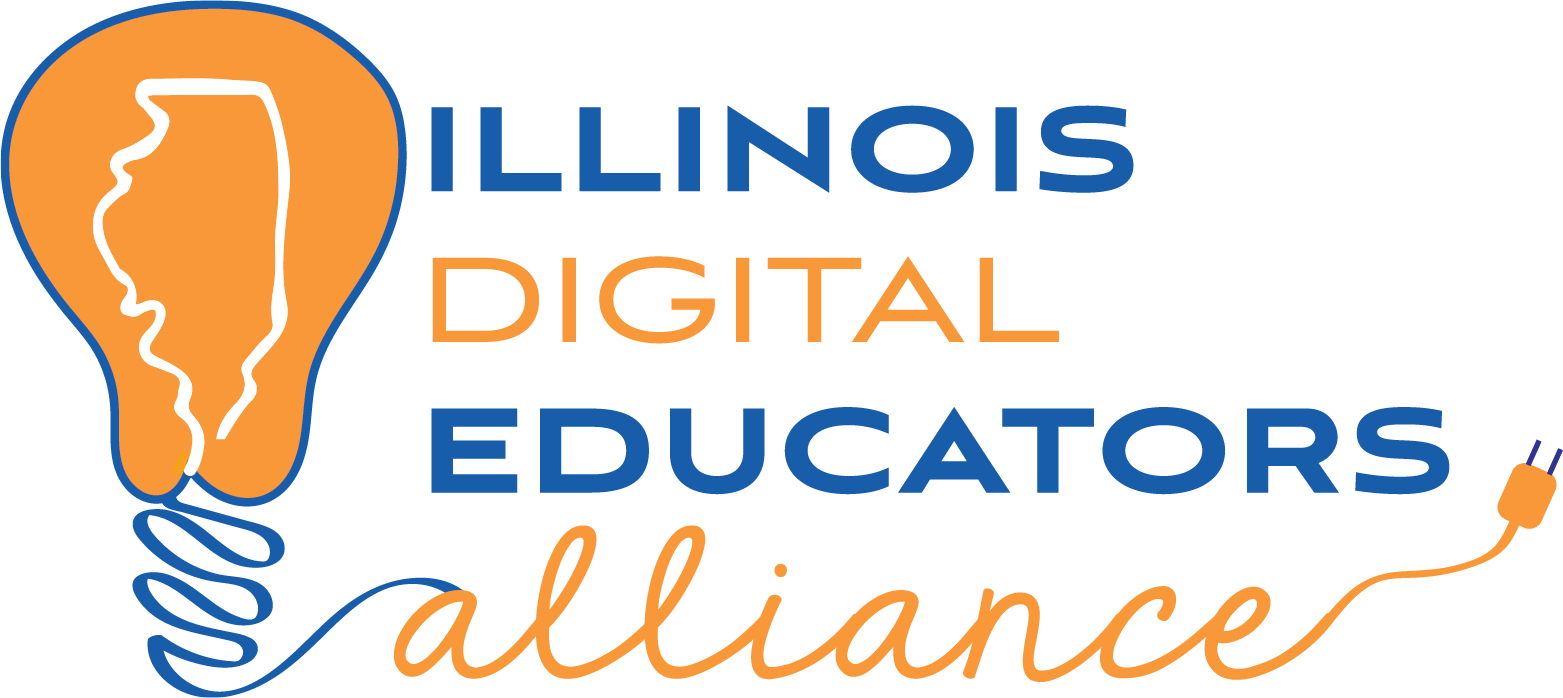Diving into AI in Education
Over the past six years, I have been learning about, teaching, presenting on and writing about artificial intelligence. I didn’t know that much when I first started research in October of 2017, but I was greatly interested in learning all that I could. I decided to start teaching about AI in my eighth-grade STEAM Emerging Technology course that following spring and took it as an opportunity to learn with and from the students. I was fortunate to also have the opportunity to take the ISTE U course on AI provided by GM and build my confidence for the following school year, enough to then start presenting sessions and even workshops about AI at conferences.
Now, after the first five years, and especially since the launch of ChatGPT in 2022, I have really enjoyed the continued learning and sharing of ideas with others. There are so many resources available to support educators, and in my work as a classroom educator, a presenter, and sometimes a tech coach, I want to know as much as I can to help others dive in. All educators need to explore and understand AI so that we can best prepare our students.
Dave Touretzky, the founder of
AI4K12 stated: “It’s important that children be given accurate information about AI so they can understand the technology that is reshaping our lives.”
We have seen how fast the landscape is changing in education and the world of work as a result of AI. The
Jobs of Tomorrow report predicts an influx of jobs in artificial intelligence, cloud computing, cybersecurity, and data analytics. The Job Skills Outlook now lists artificial intelligence and data analytics as the number three skill on its top 10 list. Because of this predicted demand, we need to embrace the technology and create learning experiences for students to delve into the benefits of AI and gain a deeper understanding of potential concerns and how it will impact their future.
Tips to get started
Educators need to take time to explore the various AI tools available, whether first starting with ChatGPT or testing some of the other generative AI tools available for educators. Once educators understand how these technologies work, the impact they can have on efficiency and productivity for teachers, and the benefits for personalized learning for students, for example, then it is important to bring a few into the classroom. Exploring these tools together with students will equip them with the skills needed in the future workforce. It is also important to be mindful of an overreliance on tools and find a balance between the use of AI-powered tools and traditional teaching methods. Technology integration needs to be purposeful and in alignment with educational objectives. Learning with students, we can model the ethical and responsible use of these technologies to best prepare them for the future.
Benefits and resources
Beyond the use of AI for saving time, creating content, and providing differentiation for students, it can also be used to help students who need alternative ways to build confidence and social-emotional learning (SEL) skills. Chatbots have been used to help students develop social and interpersonal skills or have access to a virtual tutor, as they build their skills and comfort at their own pace. Some tools offer different ways for students to share what they have learned and receive instant feedback that they can act upon. Each of the many tools available offers benefits and are quite versatile, just always remember to check the security guidelines and make sure tools are in compliance with school policies and COPPA and FERPA.
Five resources to explore
- AI4ALL provides educators with ready-to-run presentations that include activities, lessons, videos, and more on important topics such as bias and ethics. AI4ALL is a nonprofit organization that is dedicated to increasing diversity and inclusion in AI education. They offer high school students a free program for learning about AI through a “build your AI for good” project.
- Code.org: In addition to the many coding and STEM resources, it also has AI materials available. There are videos available that focus on different concepts and applications of AI.
- Eduaide.AI is a platform for AI-assisted lesson planning. You can choose from more than 100 types of resources, such as class activities, email templates, quizzes, virtual labs, lesson plans, and various types of questions.
- Google AI Experiments. In my classroom, we often start with Google Quick Draw, which helps students learn about neural networks and have fun! Students can find other AI experiments that meet their specific interests, such as arts, literacy, music and more. Teachers can use this in any class for a fun break with students!
- Snorkl Teachers design a problem, prompt, or question for students to then record and share their reasoning. Once submitted, they receive instant AI-powered feedback and the teacher can also then provide feedback. You can submit a request to try it out here. I enjoyed learning about it and couldn’t wait to use it in my Spanish class and my students were amazed at how quickly they received feedback.
With things changing so fast when it comes to AI, we have to equip students with opportunities to learn to navigate the world of AI effectively, ethically, and responsibly. We have to just dive in and explore the technology! To learn more, if you are attending IDEAcon, be sure to stop by one of my sessions to add some extra tools to your toolkit and also connect with me on Twitter (X) @Rdene915 or on LinkedIn. Enjoy the learning adventure!

Rachelle Dené Poth is an ed-tech consultant, presenter, attorney, author, and teacher. Rachelle teaches Spanish and STEAM: What’s nExT in Emerging Technology at Riverview Junior-Senior High School in Oakmont, PA. Rachelle has a Juris Doctor degree from Duquesne University School of Law and a Master’s in Instructional Technology. She is a Consultant, Speaker, and owner of ThriveinEDU LLC Consulting.
She is an ISTE Certified Educator and currently serves as the past -president of the ISTE Teacher Education Network and on the Leadership team of the Mobile Learning Network. At ISTE19, she received the Making IT Happen Award and a Presidential Gold Award for volunteer service to education. She is also a Flip Ambassador, Nearpod PioNear, Microsoft Innovative Educator Expert, and Wakelet Ambassador.
Rachelle is the author of eight books and is a blogger for Defined Learning, Edutopia, Getting Smart, and NEO LMS. Follow Rachelle on Twitter (X) @Rdene915 and Instagram @Rdene915. Rachelle has a podcast, ThriveinEDU https://anchor.fm/rdene915.
Book Rachelle for your next event.




